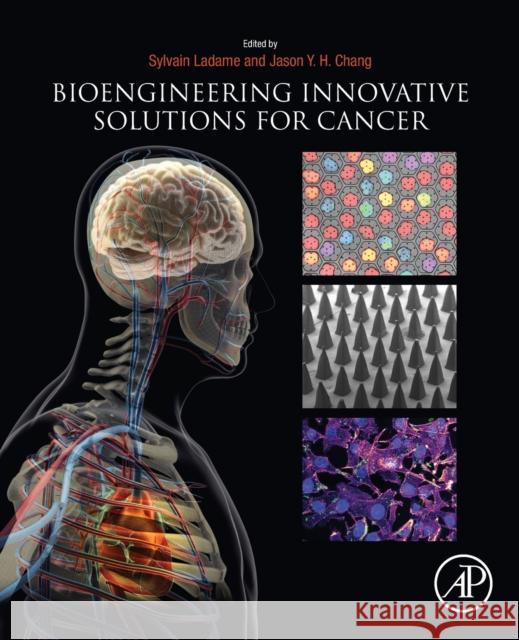Bioengineering Innovative Solutions for Cancer » książka
topmenu
Bioengineering Innovative Solutions for Cancer
ISBN-13: 9780128138861 / Angielski / Miękka / 2019 / 393 str.
Kategorie:
Kategorie BISAC:
Wydawca:
Academic Press
Język:
Angielski
ISBN-13:
9780128138861
Rok wydania:
2019
Ilość stron:
393
Waga:
0.67 kg
Wymiary:
23.5 x 19.05 x 2.06
Oprawa:
Miękka
Wolumenów:
01
Dodatkowe informacje:
Bibliografia











